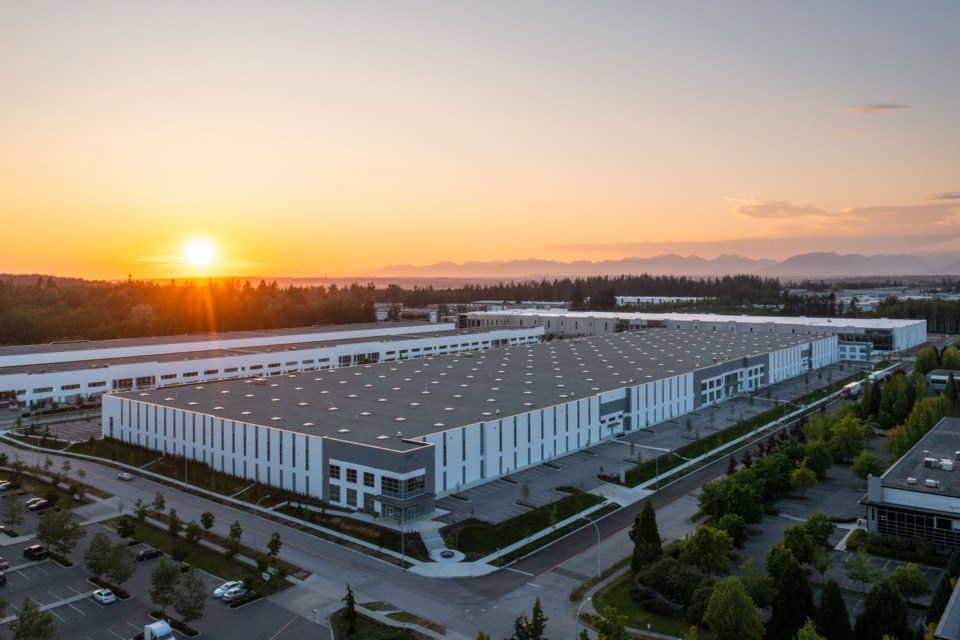Industrial real estate, which has seen big gains and tight vacancy in recent years, could be brought to its knees by the unfolding trade war.
Adam Jacobs, head of research with Colliers Canada, said industrial real estate has been “bulletproof” over the past decade, benefiting from trends like high immigration, e-commerce expansion and same-day delivery.
But now, “It does seem like the impact of this [trade war] might be felt a little more on industrial just because the industries that are targeted, like automotive, agriculture, resources, all of those, they are just much bigger users of industrial space than they are of office space,” he said.
Conversely, some industrial users are actually increasing their storage demands to hedge against uncertainty and continue offering just-in-time fulfilment, but Jacobs said the tariffs are a net negative.
“I can’t honestly say tariffs are going to help anything in the real estate world,” he said. “They are not going to help the office market or the housing market or the industrial market. It’s clearly a negative, it’s just a matter of the impact might be a little more profound [on industrial real estate].”
Office real estate may not be hit as hard, with large occupiers like government, financial institutions and insurers not expected to downsize or sublet their space significantly, Jacobs said.
Meanwhile, real estate in the hospitality and travel sectors could actually see a boost, with Canadians cancelling their U.S. trips in favour of staycations or destinations like Mexico and Europe.
“I think there’s a whole domestic restaurant-hotels ecosystem that might actually get a little bump right now,” he said.
The same goes for retailers touting made-in-Canada goods and services. Though they could have problems sourcing materials and inputs, they could potentially have their best year ever, Jacobs said.
Meanwhile, major infrastructure and investment projects such as high-speed rail, pipelines, ports, resource projects and roads could be taken off the shelf and prioritized, offering some measure of relief.
“I feel like now there’s a level of urgency,” Jacobs said.
The Colliers expert said B.C. may be insulated from the worst, with its diversified economy and relatively lower exposure to exports like aluminum, oil, potash, manufacturing and automotive – sectors that may have trouble pivoting to new suppliers on short notice.
The Canadian Chamber of Commerce ranked the most tariff-exposed cities in Canada in a Feb. 11 analysis. Vancouver ranked No. 32 based on its U.S. export intensity (relative to local GDP) and dependence (relative to total exports).
“It’s a negative for everyone in terms of inflation and cost of living, but I think B.C. is a little more insulated,” Jacobs said.
It’s now clear that the tariffs weren’t simply a negotiation tactic and may be here to stay for quite some time, he said.
With Canada’s April 28 federal election fast approaching, the country’s leaders will soon have a fresh mandate to tackle the trade war.
“This has already gone further than I thought,” Jacobs said.




